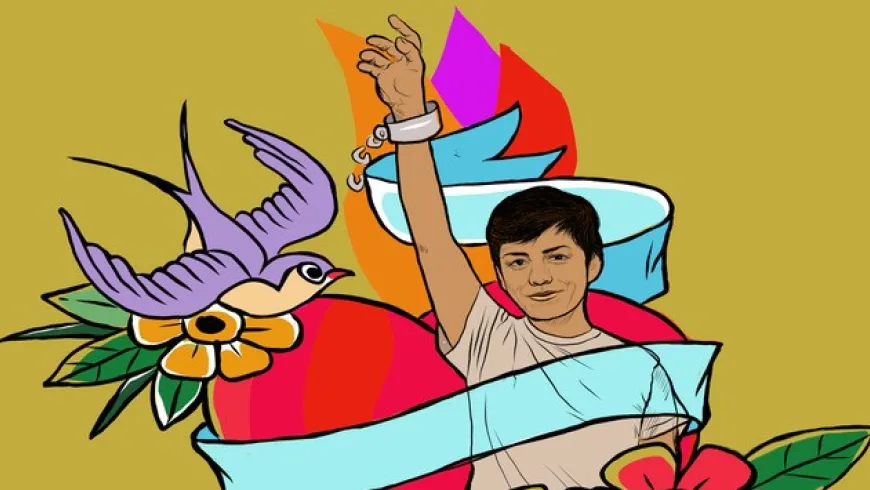Número 18
Queer Corazón: Theorizing Love, Sex, and the Body

John Rechy, the eternal literary outsider or “outlaw,” as he prefers, has provided nearly sixty years of sharp, critical analysis through several written media— journalistic articles, short stories, essays, plays, memoir, and the novel. Throughout his corpus of novels, he writes of the protagonist’s “search for a substitute for salvation,” as Rechy decolonizes himself from the false promises of the Catholic Church. I take themes from several of Rechy’s novels to expand my theory of hom(e)oerotics, a process for queer Xicanx men to decolonize ourselves from the auto-flagellation of internalized misogyny and homophobia, systems we observe and absorb from institutions like the Church, the State, the Family. Rechy’s six decades of writing is alternately a history lesson and a grim portent, particularly as we document over four decades of the HIV/AIDS pandemic, an issue that few people consider to be a problem of any significance, particularly in the field of Chicana and Chicano Studies.
También utilizamos servicios de análisis y publicidad. Puede ampliar la información haciendo clic en Más información.